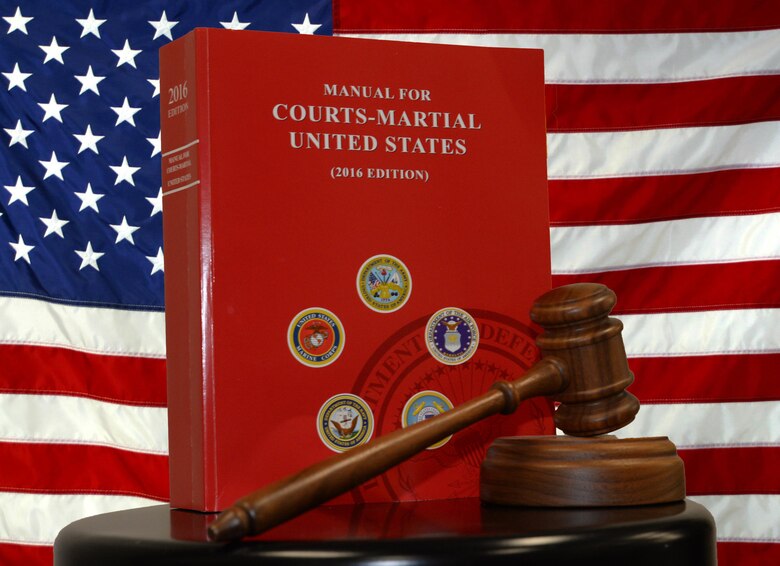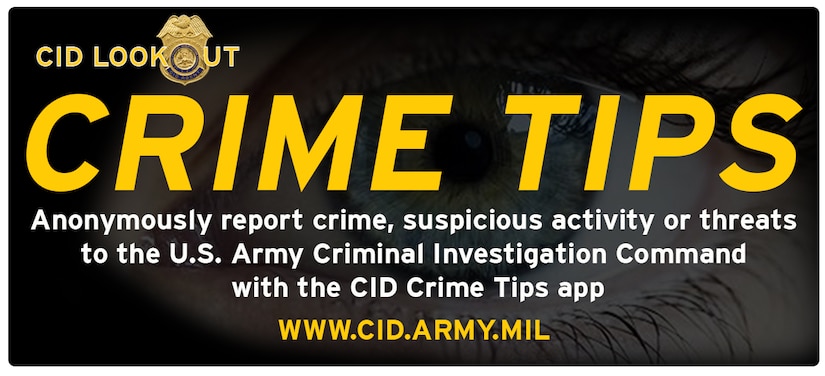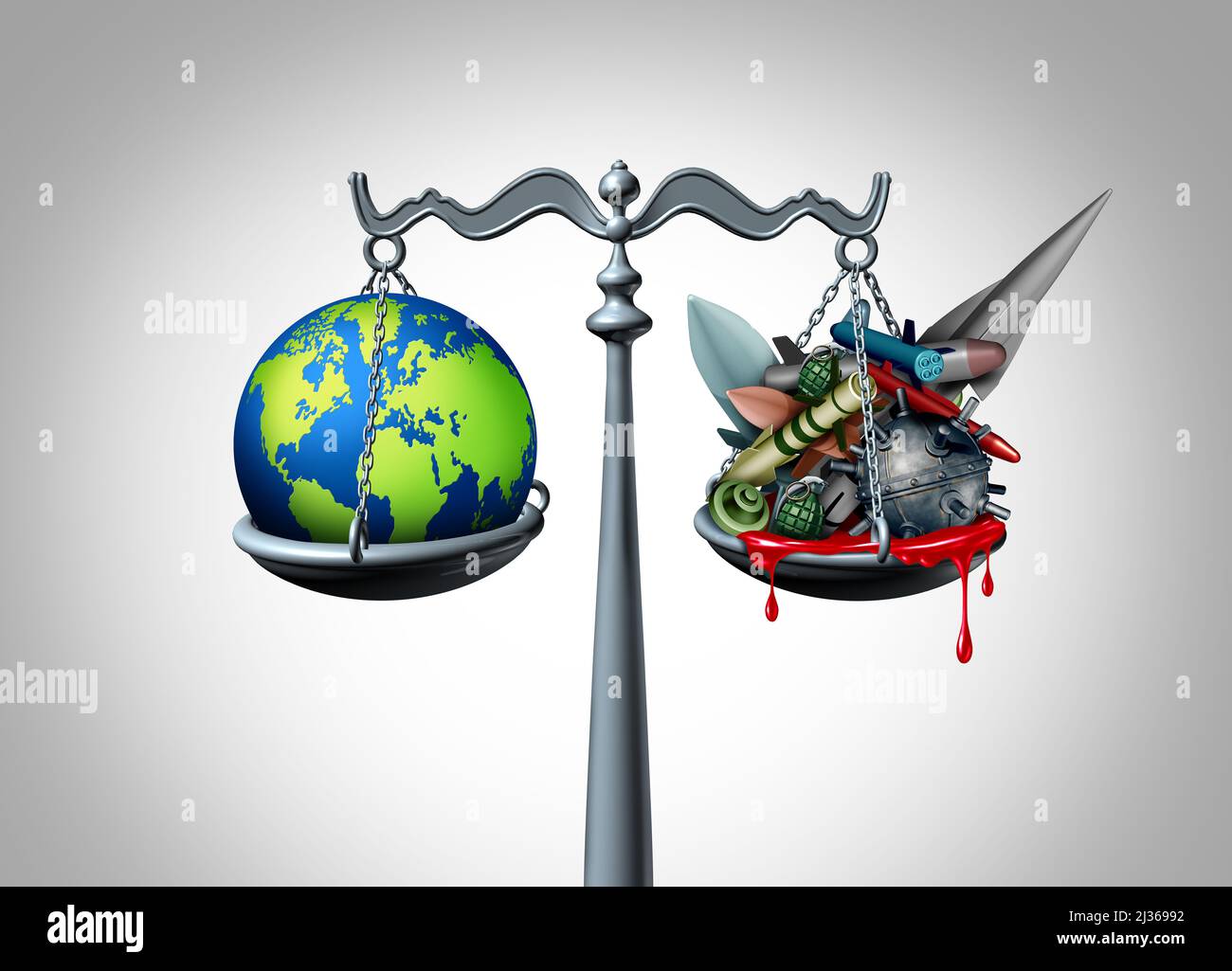Military Criminal Justice - Students who graduate from APUS have a bachelor's, master's, or master's degree. Student loan debt is defined as student loans and private loans used for tuition, fees, living expenses, and textbooks related to courses taken at APUS.
Most APUS students receive military school aid and educational benefits, not student debt. The USCAAF has jurisdiction over all death penalty cases, all cases referred to the Judge Advocate General after review by the CCA, and certain appeals filed by defendants who have consented to the court's review.
Military Criminal Justice
 Source: online.shsu.edu
Source: online.shsu.edu
Courts may review only questions of law USCAAF decisions may be appealed to the United States Supreme Court, which may grant or deny review. In addition to promoting order, discipline, fairness, efficiency, and loyalty, the UCMJ addresses certain crimes specific to the military, such as desertion, insubordination, or absenteeism.
Need Help?
Finally, the military needs a single crime scene program to track crimes committed by service members outside of U.S. jurisdiction. Any sentence of wrongful dismissal or imprisonment of at least one year shall be immediately appealed to the Court of Appeals of their respective department.
For all other convictions, petitions for reconsideration may be filed with the Chief Justice. A service member can request a judge advocate to refer the case to the Court of Criminal Appeals, but such requests are rare.
Components of the criminal justice program are internships in law enforcement, youth services, victim services, and correctional services. This position gives you the opportunity to bridge the gap between the concepts learned in the classroom and the criminal justice system in the real world.
Most importantly, you will be able to quickly decide if you are right for this type of job. Students who graduate from APUS have a bachelor's, master's, or master's degree. Student loan debt is defined as student loans and private loans used for tuition, fees, living expenses, and textbooks related to courses taken at APUS.
Redress Of Grievances
Most APUS students receive military school aid and educational benefits, not student debt. Special courts-martial A special court-martial consists of a military judge and at least three armed soldiers. However, as provided in Article 16(2) of the UCMJ (10 USC. § 816(2)), members may sit without a judge, or the accused may choose to be tried by a judge alone.
Source: myrightsimmigration.com
Once you join the military, you become subject to the Code of Military Justice (UCMJ). This code was enacted by Congress after World War II to ensure that there should be an efficient and fair system of criminal justice for all branches of the military.
. If you are unsure about the selection process or need more information, please contact your AMU student representative at 877-755-2787 or info@apus.edu. Special-military courts have jurisdiction over most crimes under the UCMJ and can impose a variety of penalties, including imprisonment for more than six months;
Three months hard work without prisoners; bad behavior; loss of salary not exceeding two thirds of the monthly salary; withholding wages for more than six months; or reduction in rank (UCMJ art. 19, 10 USC. § 819).
About This Program
But night after night, his fellow Democrat who chairs the powerful committee, Rhode Island Sen. Jack Reid, says no. "I reserve my right to refuse," he said on the final night of the frenzy. "How long do we have to wait for real reform of our military? How long do we have to wait for criminal justice to be sacrificed?"
Gillibrand asked. "There is no compelling reason to consider this legislation in committee. It took nearly a decade for the committee to consider it." COURTS OF CRIMINAL APPEALS The courts of appeal between the branches of military justice are the four Courts of Criminal Appeals (CCAs), one for each branch of the armed services (eg, Army, Navy,
Air Force, and Marines). Before 1995, these courts were called Courts of Military Review (CMR). The UCMJ was established in 1951, before each service had its own separate rules for peacetime and wartime. The UCMJ was established to provide a standardized certification system for all services.
In 1996, Congress passed legislation that expanded the president's military powers. The President is empowered to strike from the army list any police officer who has been sentenced by a court-martial to imprisonment for more than six months and has served at least six months.

Accepting Or Refusing An Article
Goldsmith's case occurred when an Air Force major, who was HIV-positive, continued to have unprotected sex after his superiors ordered him to inform his partners of his disease. The soldier was convicted by court-martial of two other crimes related to his willful disobedience of a commanding officer when he had sex with two partners, including a fellow soldier and a civilian.
It provides a solid foundation in the practice of management and its benefits in law enforcement, including recognizing individual characteristics, appreciating the value of diversity in management practices, and making managerial decisions. Topics include the role of gender in leadership, conflict resolution, employee creativity, budgeting and organizational management during a paradigm shift.
Article 138 of the UCMJ gives a service member the right to sue their superior for harassment or other forms of ill treatment. This complaint can be filed with the officer who has general court-martial jurisdiction over your commanding officer.
However, it is best to try to resolve the issue with the commander before taking the step of filing a complaint. If you can't do that, get legal advice before filing your Section 138 claim and be clear and specific in your case.
Article Procedures
The United States Supreme Court in Clinton v. Goldsmith, 526 U.S. 529 , 119, resolved a major jurisdictional issue regarding military courts in S. Ct. 1538, 143 L. Ed. 2d 720 (1999). The court ruled that the USCAAF did not have the authority to issue a RESTRICTION preventing the US Air Force from removing a convicted officer.
This decision explained that the President has the power to dismiss soldiers for the same crime they have been convicted and sentenced by a court. Courts-martial Three types of courts-martial—summary, general, and special—make up the judicial system of military justice.
Courts-martial were first authorized to amend articles of war (March 3, 1863, ch. 75, sec. 30, 12 Stat. 736). This amendment gives the courts-jurisdiction to try soldiers for crimes such as murder, theft, arson, theft, rape and other general crimes during war, mutiny or rebellion.
Source: journals.plos.org
The UCMJ allows military commanders to convene extraordinary courts-martial to try one or more cases of personnel suspected of wrongdoing. After eight years of trying, Democrats and the longest-serving member of the Senate Armed Services Committee have secured the votes needed to pass the reform legislation in the upper chamber.
Non-Judicial Punishment
The bill has more than 60 cosponsors. The Military Justice Act provides specific definitions of the offense and defines the punishment that can be imposed for the violation of the offense. Importantly, it provides a means of protection for service members, such as the appeal of a judgment of war.
In order to commit all crimes not listed, there is article 134, "General Section" which states that it is a crime punishable "all riots and neglect to disturb the good order and discipline in the army, all behavior of a nature to bring dishonor; to the army" - and
more. In a summary court-martial, the defendant may consult with military counsel before trial but is not entitled to military counsel at trial. A summary court-martial is presided over by a single police commissioner who conducts hearings without input from opposing counsel and acts as judge, fact-finder, and advocate.
Thus, the summary court-martial is more akin to a court of inquiry in the civil-war system than to the Anglo-American adversary model. Summary Court-martial is widely used compared to other types of court-martial. With the increasing recognition of the constitutional rights of defendants in the latter part of the twentieth century, their use has declined significantly.
Right To Appeal An Article
In the military, non-lawyer commanders can decide which serious criminal cases will be prosecuted. This means that officers with the status of pilots, infantrymen and others may be tasked with making legally burdensome decisions and lack experience.
The position of military judge is authorized by the Military Justice Act of 1968 (UCMJ art. 26, 10 USC. § 826). The role of a military judge is similar to that of a trial judge. Military judges do not impose sentences and can only order members of the court, such as jurors, to impose such sentences as a court may legally impose, unless the accused elects a judge to sit as a judge and jury.

in unfounded cases. Regardless, the judge rules on all legal issues. The United States Court of Appeals for the Military was established by Congress in 1950 (10 USC. It is the highest civilian court to review the decisions of military courts. It is a criminal court only. The court consists of three civilian judges appointed by the President
recommended by the Senate for 15 years. The Bachelor of Science in Criminal Justice at the American Military Academy (AMU) provides an in-depth examination of crime and criminal behavior with an emphasis on forensic science. AMU's online degree in Criminal Justice focuses on the use of forensic science and data analysis in legal support. Article 15 prosecution is not the same as prosecution. Service members have the right to consult with a military defense attorney before
Court-Martial Sentencing
to decide whether to accept or reject the article 15. The service member has the right to present evidence to his superior k and if convicted, to provide moral witnesses to assist. reduce any penalty. All branches of the military follow similar procedures for setting up Article 15s.
The standard of evidence required before a Chapter 15 filing varies. The Marines and Navy require "clear and convincing" evidence before Article 15 is issued, while the Air Force and Army require more investigation of "unquestionable" evidence.
Reduced out-of-pocket costs, US active duty personnel, spouses/dependents, National Guard members, and reservists receive tuition assistance for undergraduate, graduate, or post-secondary education. college, and a bachelor's degree for $250/credit hour. In addition, the university's library grants provide books and ebooks at no cost to all undergraduate and military-grant-eligible master's-level students.
View all student benefits. The UCMJ is a federal law, enacted by Congress that applies to all active duty members of the armed forces and military personnel as well as military academies. some civilians who support the military during wartime are also subject to the UCMJ.
Know All Your Legal Rights And Benefits
General Court-Martial The General Court Martial is the most powerful court in the military justice system. A general court-martial is presided over by a military judge and at least five military members, or by a judge alone if the accused so requests and the case involves a non-capital offense (UCMJ art. 16(1), 10 U.S.C.A. § 816(1
 Source: c8.alamy.com
Source: c8.alamy.com
)). A general court-martial may try all crimes under the UCMJ and impose any lawful punishment, including death, dishonorable discharge, full forfeiture of all pay and allowances, and imprisonment. A general court-martial has jurisdiction over all persons subject to the UCMJ.
A general court-martial can only be convened by a high-ranking official, such as the president, the secretary of a military branch, a general, or a commander of a major unit or major establishment. A small unit commander can only call a special court martial.
Trial attorneys who are appointed to represent defendants in a general court-martial must be certified military lawyers. According to court-martial rules, a recording is required for general court-martial proceedings. The military justice system is the primary law enforcement tool of the armed services.
Need Help?
It is similar to, but distinct from, the civil criminal justice system. The Uniform Code of Military Justice, first enacted in 1950, is the main body of law applicable to members of the military. A military tribunal interprets and enforces it.
Crime continues to be a major problem in the United States. Court dockets are full, prisons are overcrowded, probation and parole caseloads are high, and the police are expected to do more. And, the increased prison population puts a heavy strain on our economy.
Murder, rape, assault, drug law violations as well as terrorism have become a daily reality. Debate also continues over how best to manage juvenile delinquency. What's more, identity theft and online scams continue to thrive. Clearly, crime is a complex problem that defies simple explanations or solutions.
0 Comments